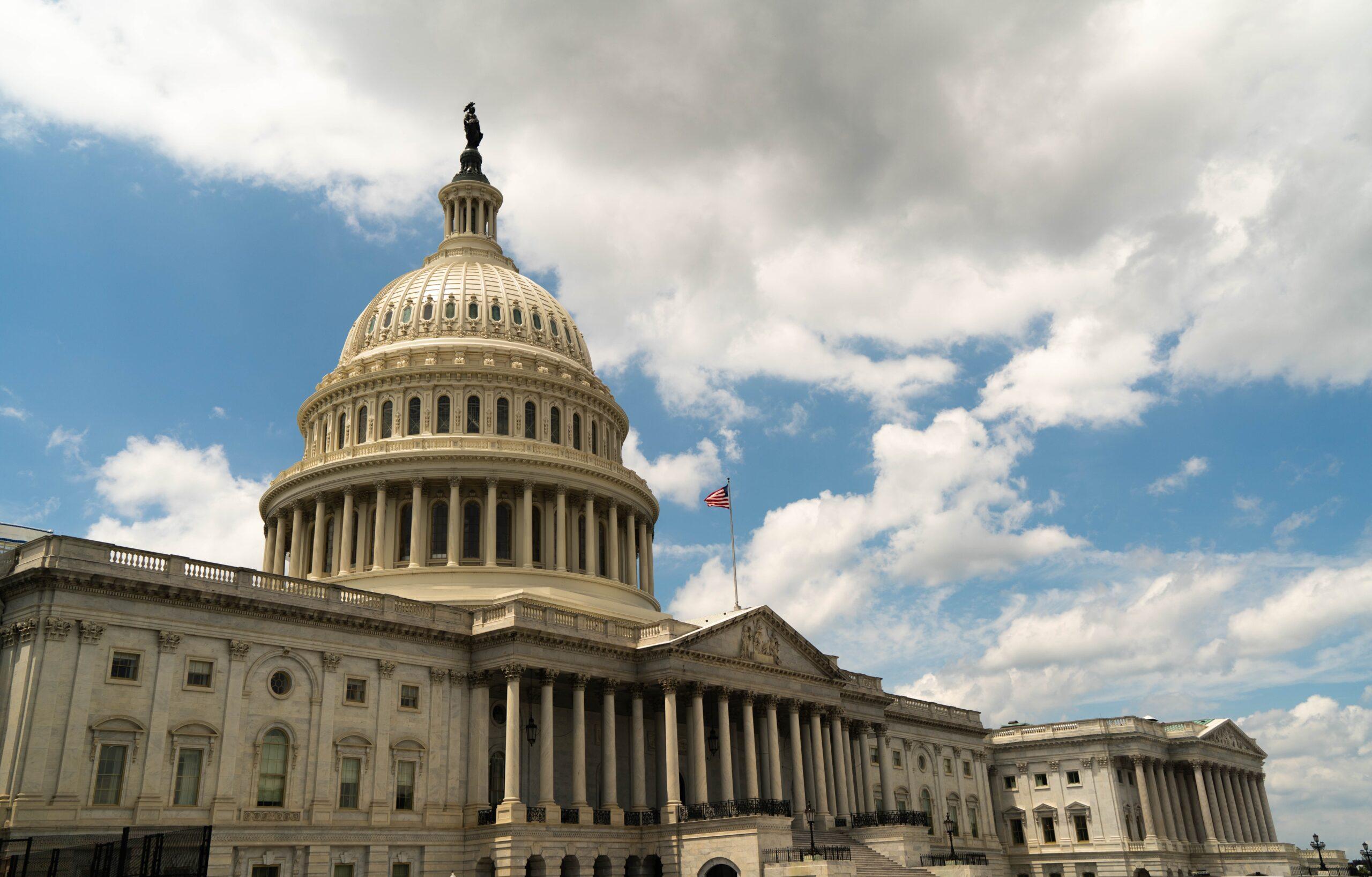State Drug Testing Law 101: Knowing the Basics Is Critical to Your Success
This information is provided for educational purposes only. Reader retains full responsibility for the use of the information contained herein.
Which state drug testing law applies to companies that are in multiple states? Are you required to test non-DOT covered employees in the same manner as DOT-covered workers if your company employs both? Is there such a thing as “voluntary” drug testing laws?
For nearly 25 years, the Current Consulting Group has been providing state drug testing law information to drug testing providers and employers. There are six people on staff who respond to state law questions every week. Additionally, we offer CurrentCompliance.org, our on-line state law database annual subscription service.
From our compliance clients and subscribers, we often receive questions and some can be quite complex and require in-depth research. Others are more basic and submitted repeatedly. We call these last types of questions: “State Drug Testing Law 101” questions. And knowing the correct information to these basic issues is critical to maintaining a successful and legally defensible drug testing program.
In this article, we will briefly cover just three State Drug Testing Laws 101-type questions that we get all the time. These are actually great questions, and the answers form the foundation of understanding what makes it possible for labs, TPAs, MROs, and other providers to ensure quality consultation to their clients and for their clients to comply with applicable laws.
1. Does federal drug testing law pre-empt state drug testing law? Most people understand that the U.S. Department of Transportation (DOT) drug and alcohol testing regulations, for example, pre-empt a state’s legal requirements. But that only applies to employers who fall under the federal mandate to drug test; it does not mean that outside of the federal mandate the same employers must adhere to the federal regulations. Some DOT-mandated employers drug test non-DOT covered workers and that portion of a company’s drug-free workplace program does not have to be administered per the DOT regs.
Even when running a DOT program, state law requirements can still come into play. There are certain elements of a comprehensive drug testing program that are not covered by the federal regulations. For instance, the DOT regulations do not mandate that an employee who fails a drug test be terminated, but state law may impose conditions on taking such action in the event of a first-time positive result. For example, in Illinois, employees who test positive or refuse to submit to testing must be suspended from working on a public works project until certain conditions are met: documentation showing that individual has tested negative for drugs or alcohol, the employee has been approved for work, and the test was conducted according to SAMHSA lab and chain-of-custody procedures per 820 ILCS 265/15.
There are many other examples that suggest employers be well advised to know the state laws that apply to them even when complying with a federally mandated drug testing regulation.
2. If a company has locations in multiple states, which state law applies? The simple answer is all of them. Some employers make the mistake of assuming that the law of the state where they are headquartered is the only one that applies when developing a drug testing policy. For multi-state employers with locations in many states it is necessary to comply with all of those laws. Generally, a well-researched and custom written drug testing policy can cover much of the legal requirements for each of the applicable state laws. But addendums to the base policy are often needed when the state law requirements differ from the content of a company’s policy. In this case an employer should add state-specific addendums to the policy or, in rare cases, have a stand-alone policy for each state.
3. What is the difference between voluntary and mandatory drug testing laws? Whoever heard of a voluntary law? Well, there are such things, even in the area of drug testing. A number of states have programs that offer special incentives to employers to conduct drug testing. If an employer chooses to participate in the state’s program his or her company must comply with the drug testing requirements of that voluntary program. For example, Florida offers a 5% discount on workers’ compensation premiums to employers who drug test in accordance with voluntary regulations provided by the state. Outside of that voluntary program employers are free to conduct drug testing as they wish, within reason and in compliance with any other applicable state laws such as workers’ or unemployment compensation laws.
Many states have mandatory drug testing laws that apply to employers with operations in that state. For instance, Iowa has a mandatory drug testing law. If you are an employer in Iowa and you wish to conduct drug testing, you must comply with that law. There are typically no incentives offered in exchange for compliance with mandatory laws.
Conclusion
Certainly, within each state, there are specific requirements that employers must be aware of when it comes to drug testing. But there are some universal rules that apply generally, such as those outlined in this article. If you’re in the drug testing business or your company conducts drug testing, you must be aware of these issues. It may be Drug Testing Laws 101, but understanding the basics is critical to your success.
© 2010-2023 The Current Consulting Group, LLC – No portion of this article may be reproduced, retransmitted, posted on a website, or used in any manner without the written consent of the Current Consulting Group, LLC. When permission is granted to reproduce this article in any way, full attribution to the author and copyright holder is required.



